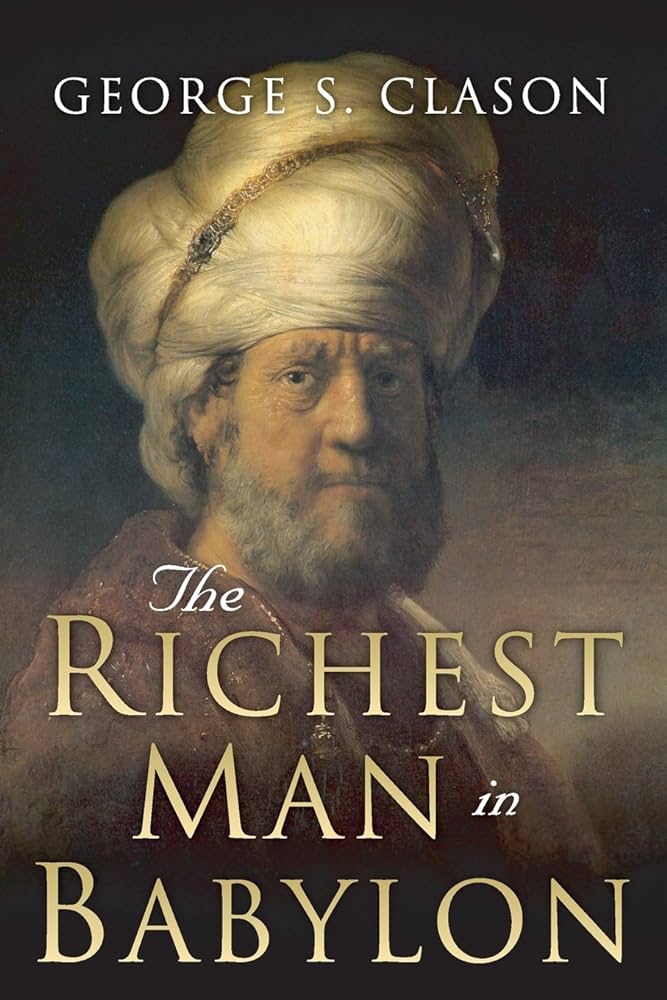In the realm of financial literature, there are few works as enduring and influential as “The Richest Man in Babylon” by George Samuel Clason. Originally published in 1926, this timeless classic continues to resonate with readers around the world, offering invaluable lessons on wealth accumulation, financial independence, and enduring prosperity. Let’s delve into the profound insights presented by Clason and uncover why “The Richest Man in Babylon” remains a cornerstone of wealth-building literature.
Understanding the Parables

At the heart of “The Richest Man in Babylon” are a series of parables set in the ancient city of Babylon. Through these tales, Clason imparts timeless financial wisdom in a captivating and accessible manner. Readers are introduced to characters facing common financial challenges, such as debt, overspending, and the struggle to save and invest. Through their journeys, readers glean invaluable lessons on prudent money management and wealth creation.
The Seven Cures for a Lean Purse
Central to Clason’s teachings are the “Seven Cures for a Lean Purse,” a set of principles designed to guide individuals towards financial prosperity. These principles include paying oneself first, living below one’s means, investing wisely, and seeking opportunities to grow wealth. By embracing these fundamental truths, readers can lay the groundwork for a secure financial future and break free from the cycle of scarcity.
The Power of Compound Interest
One of the key concepts explored in “The Richest Man in Babylon” is the power of compound interest. Clason illustrates how even modest savings, when consistently invested over time, can grow into substantial wealth thanks to the magic of compounding. By starting early and allowing time and interest to work in their favor, individuals can exponentially increase their financial resources and achieve long-term prosperity.
Taking Ownership of Financial Destiny
Perhaps the most compelling aspect of “The Richest Man in Babylon” is its emphasis on personal responsibility and accountability. Clason reminds readers that they alone are responsible for their financial destiny and encourages them to take proactive steps towards financial independence. By cultivating discipline, frugality, and a mindset of abundance, individuals can seize control of their finances and chart a course towards lasting wealth.
Conclusion
In conclusion, “The Richest Man in Babylon” by George Samuel Clason stands as a timeless masterpiece of financial literature, offering profound insights into the principles of wealth accumulation and financial success. Through its engaging parables and practical wisdom, Clason empowers readers to take charge of their financial future, regardless of their current circumstances. Whether you’re a novice investor or a seasoned professional, the lessons contained within this classic work are sure to inspire and guide you on your journey towards financial abundance and prosperity.
You can purchase the book here on Amazon – The Richest Man in Babylon Paperback – December 3, 2014


